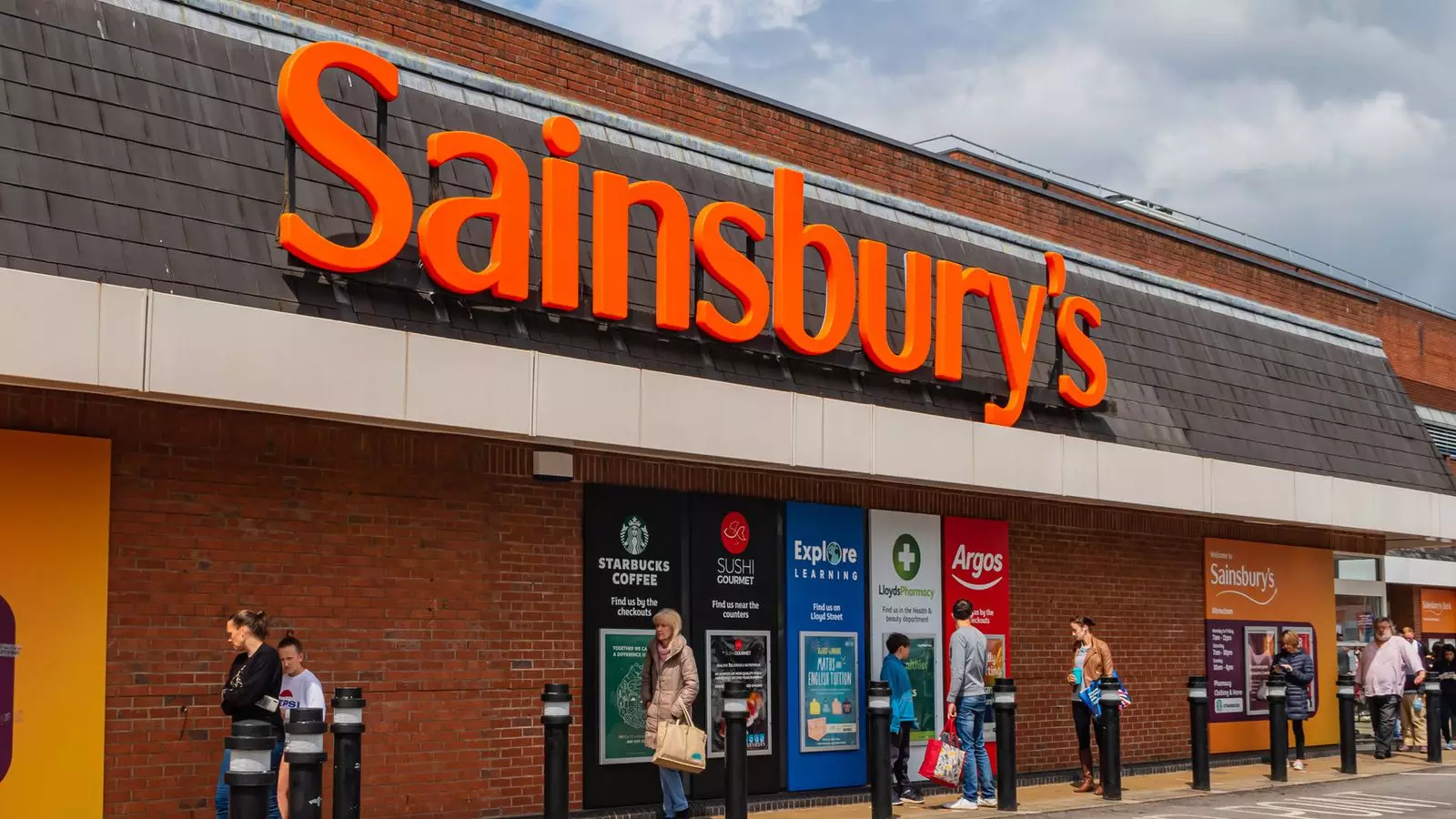In a significant move that has sent ripples through the retail sector, Sainsbury’s announced plans to eliminate over 3,000 jobs as part of a major restructuring effort. The news highlights a growing trend within the industry, where supermarkets and other retailers are grappling with rising costs and changing consumer habits. This article delves into the implications of these cuts on employees, the operational strategy of Sainsbury’s, and the broader economic context fueling such drastic measures.
Sainsbury’s has pinpointed head office positions and senior management roles as primary targets for the job cuts. Alongside this, the popular in-store cafes, which have seen a decline in patronage, will be shuttered. The decision to close all 61 remaining cafes, along with hot food and pizza counters, underscores a significant shift in Sainsbury’s approach to its in-store offerings. The management cites the need to adapt to a “challenging cost environment,” as inflationary pressures and escalating operational expenses continue to mount in the wake of recent government tax measures.
The job losses are not limited to cafes and management; a ripple effect may soon be felt throughout the company. With the closure of these amenities, many employees who relied on their positions for income may face uncertainty. As Sainsbury’s doesn’t operate in a vacuum, the repercussions of these job cuts could affect local economies, diminish consumer confidence, and lead to a downturn in retail employment overall.
Sainsbury’s CEO, Simon Roberts, has articulated the company’s rationale for these painful decisions. The restructuring is positioned as a necessary step to ensure the long-term sustainability and efficiency of the business. Roberts frames the job cuts as a means to “drive forward” the company’s current operational strategy while managing costs more effectively. This “Next Level” strategy aims to bolster the supermarket’s market proposition, ensuring that it remains competitive in an increasingly tough retail landscape.
Despite the company’s recently awarded pay hikes to store staff, it becomes clear that internal measures are being taken to mitigate an impending financial storm. With additional annual costs predicted to exceed £140 million due to new national insurance obligations, Sainsbury’s appears to be struggling to maintain profitability levels while facing increased competition from discounters and online retailers.
The announcement has sparked fierce criticism from employee representatives and unions, who have labeled the job cuts as a manifestation of “corporate greed.” Paul Travers, a representative from the Unite union, denounced Sainsbury’s actions as profit-driven at the expense of workers’ livelihoods. His remarks call into question the ethical responsibilities corporations hold toward their employees, particularly when balancing profit margins with the socio-economic impacts of widespread layoffs.
Sainsbury’s approach, while aimed at long-term efficiency, raises ethical concerns about prioritizing stockholder interests over workforce stability. With over 148,000 employees across its operations, the measures may widen the gap between the company’s profitability and the well-being of its workers, potentially worsening public sentiment towards corporate governance in the retail sector.
The backdrop to Sainsbury’s decisions can be traced to broader economic developments, particularly tax reforms imposed by the government that are expected to burden businesses with significant additional costs. Critics argue that these measures could suppress investment and hinder job growth, creating a vicious cycle that perpetuates economic decline.
Prime Minister’s official spokesperson maintained that the government’s focus remains on fostering economic growth, yet there is palpable tension in the narrative. The disconnect between government policies aimed at fiscal responsibility and the realities faced by companies like Sainsbury’s presents a complex challenge. The tax increases may offset the prosecution of their intended effects, ultimately burdening the very workers these measures are meant to protect.
As Sainsbury’s moves forward with job cuts amid a significant restructuring, the implications extend beyond the immediate corporate framework. The challenges of adapting to an evolving retail landscape are shared across the industry, and Sainsbury’s actions may serve as a harbinger of more extensive job reductions in the future.
The supermarket’s strategy reveals a critical juncture in the retail environment, during which the relationship between management, employees, and broader economic policies will be tested. Ultimately, the actions taken by Sainsbury’s could shape the discourse around employment practices, corporate responsibility, and the future of the retail sector in an uncertain economic climate. The near future will determine if these measures will stabilize the company or lead to further disarray in the industry.


Leave a Reply